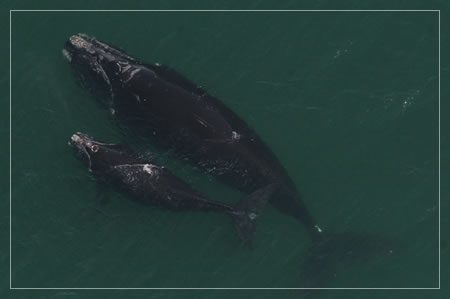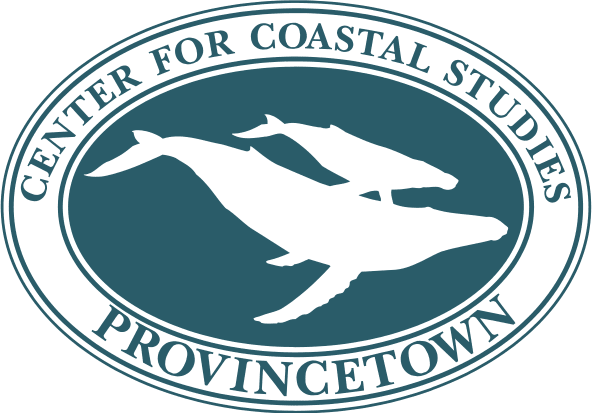Cape Cod Bay and Nantucket Sound
The Cape Cod Bay Environmental Monitoring Program began in 2000 to document a baseline of physical, chemical and biological oceanographic data through which the ecology of Cape Cod Bay could be assessed. A key element of this monitoring was tracking of diagnostic indicators of “sewage nitrogen” in response to public concerns over the relocation of the Massachusetts Water Resources Authority (MWRA) municipal wastewater discharge outfall tunnel and its potential to impact the waters of Cape Cod Bay.
Following standard EPA guidelines, CCS’s study complemented and expanded upon the MWRA’s monitoring program by adding a significant number of monitoring sites within Cape Cod Bay from 2000-2002. Between 2003 and 2005 the Center maintained a limited monitoring program, and in 2006 expanded both the number of variables to be assessed and the number of stations throughout the Bay. Findings of this long-term monitoring program have indicated an overall decline in environmental conditions at about one third of the stations monitored, primarily in the inshore regions of the Bay. Significantly, this decline is occurring in the waters that are in the highest demand for human activities such as swimming, boating, fishing, and shellfishing.
In 2010 CCS initiated its Nantucket Sound Environmental Monitoring Program, sampling at nine stations throughout the Sound and in 2014 expanded this Program to include 50 stations located in embayments on the Cape and Islands that empty into Nantucket Sound. The majority of these stations were identified as sentinel stations by the Massachusetts Estuaries Project.
CCS currently collects samples at almost 150 stations throughout Cape Cod Bay and Nantucket Sound, which are analyzed for key indicators of environmental health (i.e. nitrogen, phosphorous, chlorophyll, turbidity, temperature, salinity, dissolved oxygen) by scientist at the CCS state-certified laboratory, under its state-certified QAPP. The information collected through this monitoring program is expanding our understanding of how human activities and management actions affect surrounding water bodies.
This project would not be possible without collaborations from:
WBNERR
Town of Harwich Natural Resources Department
Cape Cod Commercial Fisherman’s Alliance
Three Bays Preservation
Buzzards Bay Coalition
University of Massachusetts Boston – Nantucket Field Station
Marthas Vineyard Commission
Edgartown Shellfish Department

Our Work
Humpback Whale Research
Right Whale Research
Marine Animal Entanglement Response
Marine Geology Department
Water Quality Monitoring Program
Marine Fisheries Research
Seal Research
Shark Research
Marine Education
Interdisciplinary
Marine Debris and Plastics Program
Marine Policy Initiative
Cape Cod Climate Change Collaborative
Publications

